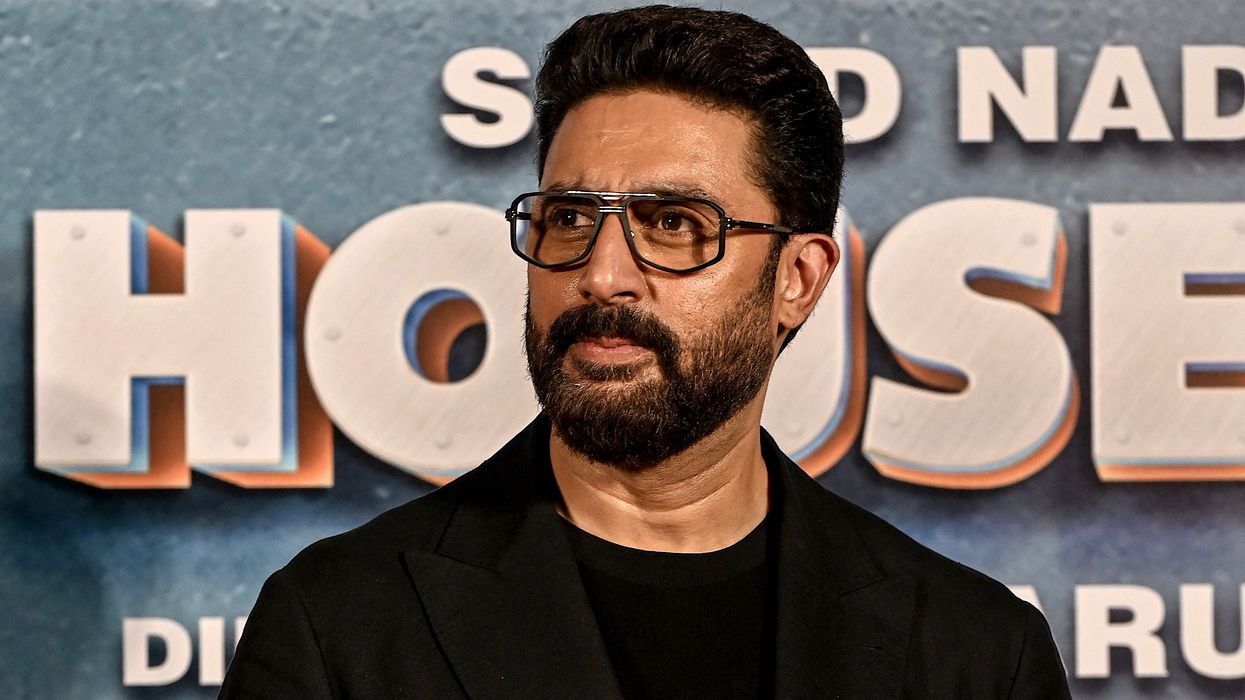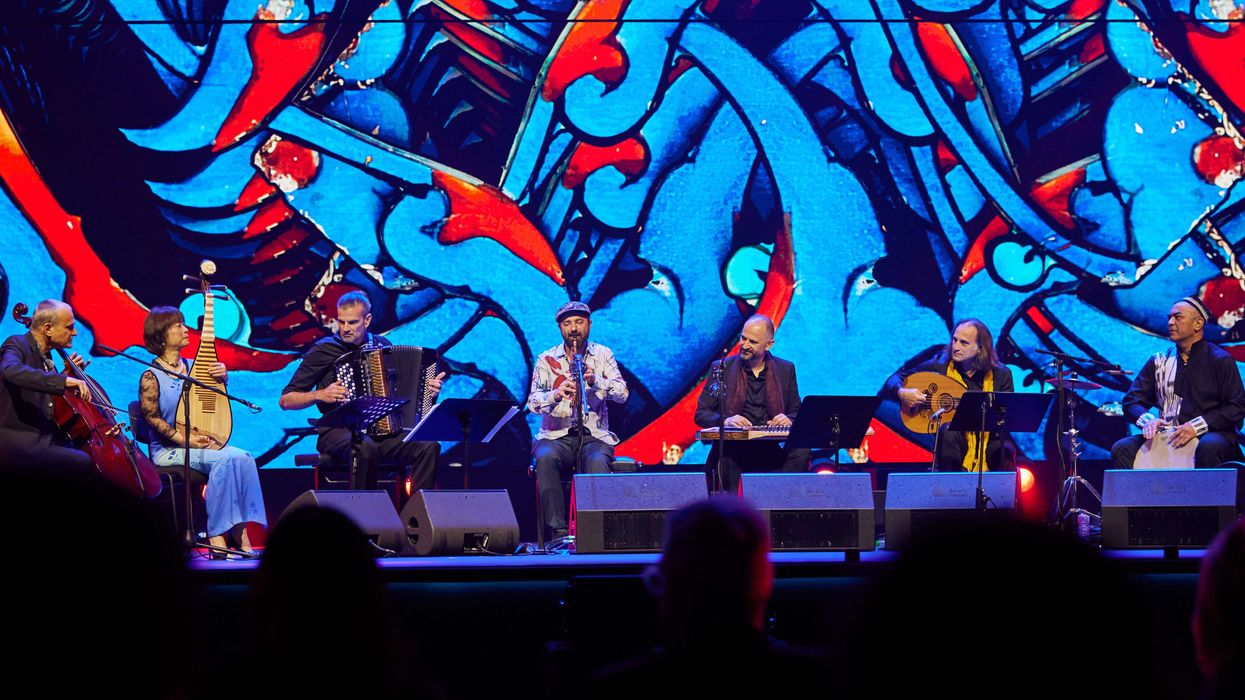Whether it is dud decisions, awful acting, nepotism, terrible writing, sloppy direction, an actor in his late 50s playing a hero in his 20s, or misguided marketing, there is a lot that can be logically blamed for a Bollywood film flopping.
But in Hindi cinema – where logic is often missing – many in the industry still believe the spelling of titles and star names can determine a film’s fate. Yes, you read that correctly. They think a few extra letters can magically make all the difference.
This was perfectly illustrated by the recently released The Bhootnii – with an extra ‘i’, because why not?
Originally titled The Bhootni, the horror comedy was renamed on the sacred advice of a spiritual leader named Ayush Gupta, who presumably read the stars, lit some incense, and declared that adding an “i” would turn it into a box office smash.
Unfortunately for producer and lead actor Sanjay Dutt, the audience disagreed – and that too in spectacular fashion.
Despite horror comedies being popular in Hindi cinema right now, this flop film failed miserably. The extra “i” made absolutely no difference – but that did not stop a press release from being proudly issued, celebrating the spelling change.

The trend of stuffing film titles with extra letters has now been going on for decades – which is why so many titles look spectacularly silly. Spoiler alert: instead of becoming box office sensations, most of these films have sunk without a trace.
And it is not just film titles – stars themselves have tried tweaking their names in hopes of changing their luck. Kareena Kapoor briefly flirted with being Kariena. Vivek Oberoi attempted to save his sinking career by becoming Viveik, but that did nothing to slow the fall.
Ayushmann Khurrana, Rajkummar Rao, Manoj Bajpayee and Riteish Deshmukh are just some of the many actors who have changed the spelling of their names.
Currently, Abhishek Bachchan is trying to revive his fortunes by adding an extra ‘A’, now appearing as “Abhishek A Bachchan” – including in this week’s big Bollywood release Housefull 5. Somehow, a spelling change seems to have taken priority over finding strong scripts with well-written characters and actual commercial appeal.
While Bachchan is adding an ‘A’, Ajay Devgan has done the opposite – dropping one. His credit now reads “Ajay Devgn”, but that has not stopped a string of flops from piling up and outweighing his successes.
Instead of rearranging letters like a Scrabble addict, filmmakers and stars would be better off focusing on strong scripts, better acting, and films that audiences actually want to see. They should swap spelling gymnastics for spellbinding stories – or perhaps get inspired by Karan Johar.
The producer-director was once a loyal follower of the ‘K’ cult – with films like Kuch Kuch Hota Hai, Kabhi Khushi Kabhie Gham, Kal Ho Naa Ho and Kabhi Alvida Naa Kehna. But after watching the acclaimed Lage Raho Munna Bhai, which brilliantly mocked numerology, he had a change of heart and ditched the superstition. He went on to become one of Bollywood’s most powerful producers.
Those still clinging to spelling stunts should take a long, hard look at disasters like The Bhootnii, which failed so spectacularly.
And let’s be honest – if numerology really worked in Bollywood, every fortune teller in Mumbai would be producing weekly blockbusters. The harsh truth is that this obsession with extra letters is just a flimsy band-aid over a gaping creative wound.
With Bollywood going through its worst phase in history, more insiders are foolishly turning to numerology and extra vowels, rather than investing in strong writing, bold ideas and original content.
Throwing in an extra letter or renaming your hero is not the answer. Better films are.




